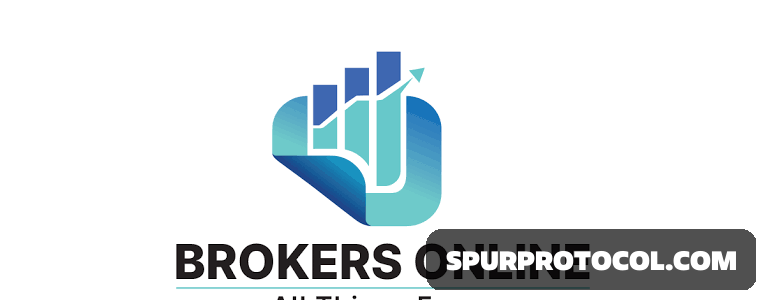How To Invest Online(Broker)
Know your investment needs before selecting an online broker
Go Back
🕒 6:12 AM
📅 Jan 27, 2025
✍️ By melvinjiggy
Know your investment needs before selecting an online broker
Go Back
🕒 6:12 AM
📅 Jan 27, 2025
✍️ By melvinjiggy
It’s never been easier for traders to invest in today’s volatile financial markets with a plethora of online trading platforms to choose from. However, with so many options to consider, selecting an online platform that meets your specific investment needs can be both time-consuming and overwhelming.
Selecting an Online Broker
When selecting an online broker, here are several essential things to consider.
Ensure that the broker is registered to sell securities. Investors can do this easily by checking the Financial Industry Regulatory Authority’s BrokerCheck and entering the broker’s name in the search function.
To protect your funds and identity, select an online broker that has enhanced security features—such as two-factor authentication (2FA) and SMS/email notification login security alerts—and agrees not to sell your personal information to third parties.
If you intend to trade actively, it’s important to choose an online broker that offers competitive trading commissions, as they can add up fast. Although many discount brokers offer zero commission, be aware that they may make money through a wider spread between the bid and ask price. Also, find out if the broker charges minimum deposit fees, annual or monthly account maintenance fees, data fees, and activity fees. Yes, some brokers will charge you for not trading within one calendar quarter!
Make sure that the platform you select offers all the products that you want to trade. For instance, if you like to trade complex strategies that utilize different investment instruments, ensure that the platform offers stocks, exchange-traded funds (ETFs), options, and futures trading. Well-known online trading apps like Robinhood and Webull are even starting to offer leading cryptocurrencies on their trading platform and trialing a new crypto wallet.
Traders just starting may want to consider an online broker that offers a paper trading or stock simulation account to hone their skills before risking real money.
What are other customers saying? Pay particular attention to reviews about customer service, platform usability, and account fees. To get a more accurate reflection, ensure that the broker has many reviews, and look for patterns in what customers are saying. For example, if many reviews are complaining about poor customer service, there’s a good chance that the broker may need to improve in that area.